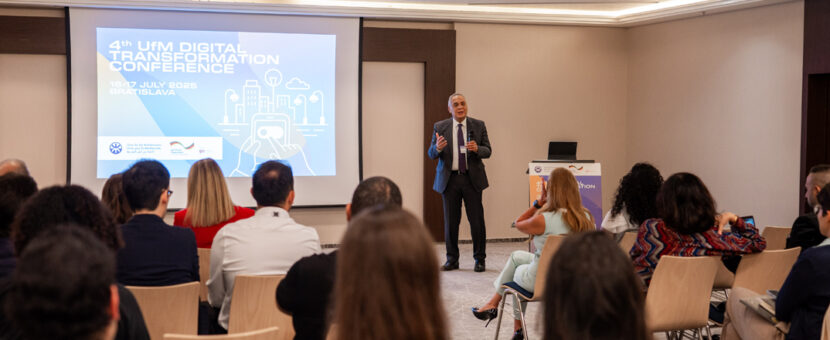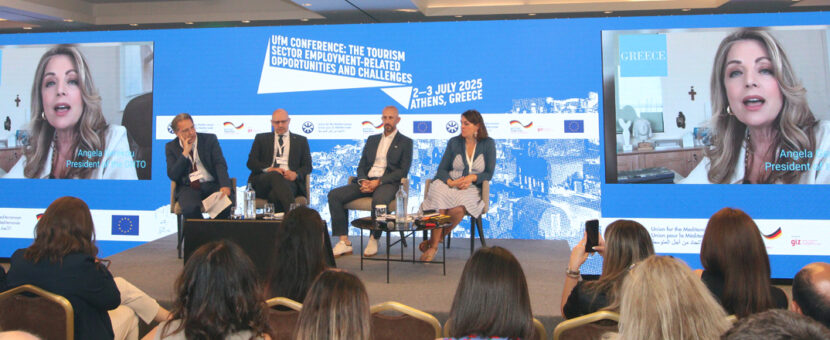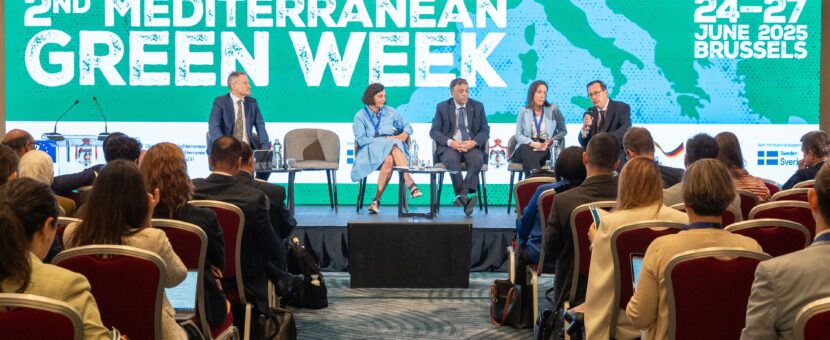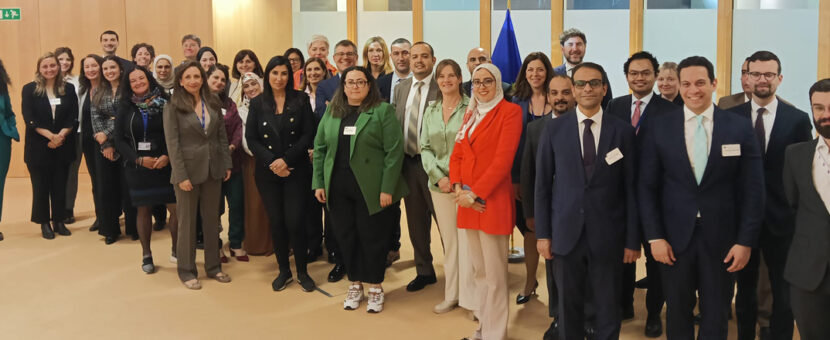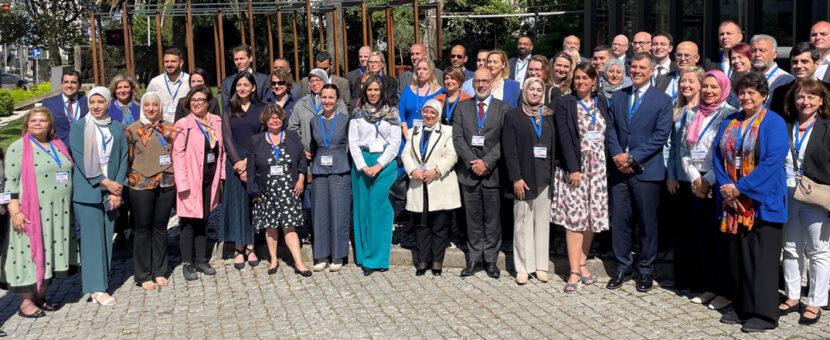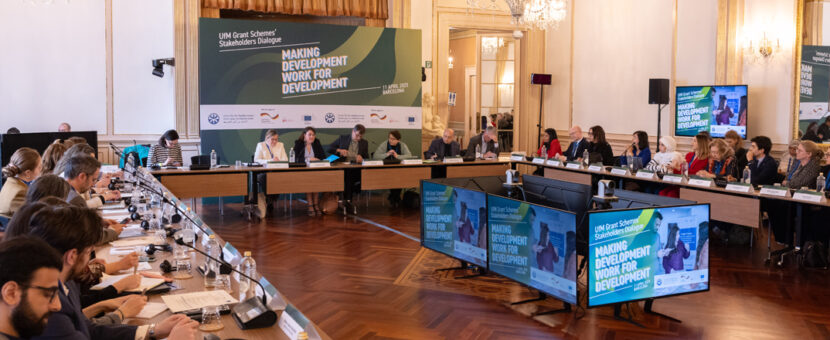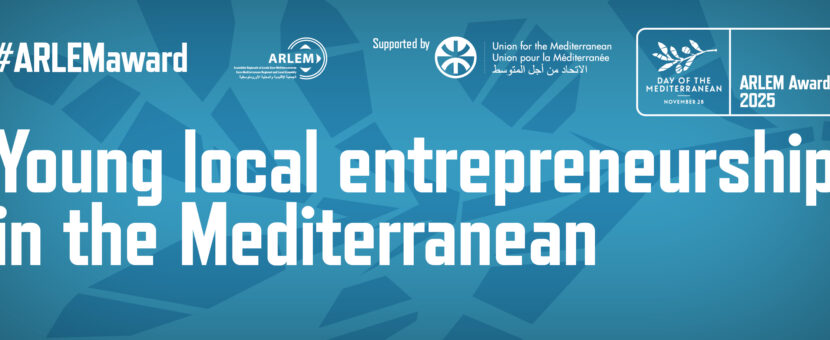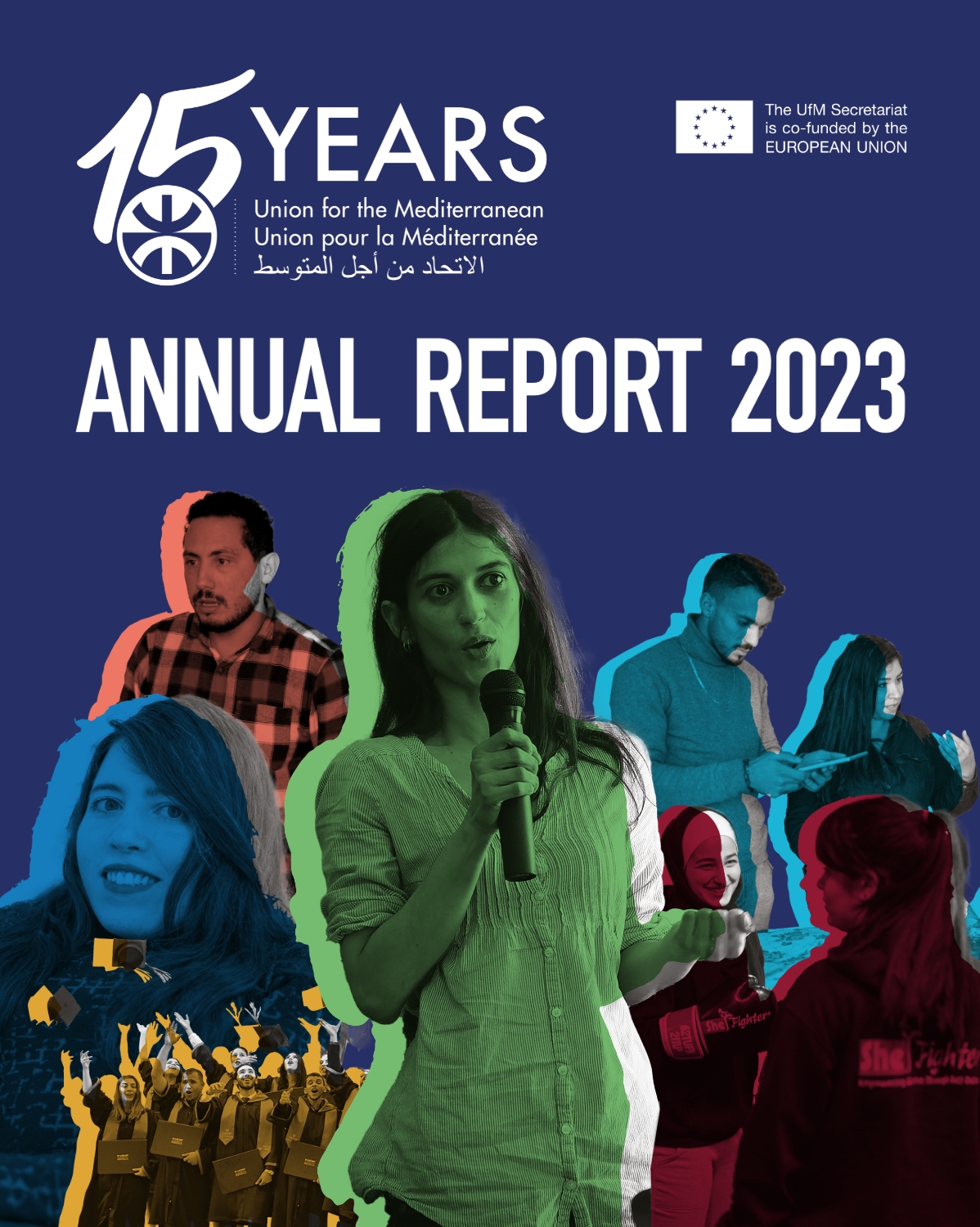Bratislava saw the first UfM activity to be held in Slovakia, bringing together 50+ digital experts and actors from both shores of the Euro-Mediterranean Region to discuss digital skills, digital rights, and the role of cities in promoting digital transformation. The Conference introduced the participants to the initiatives underway by Digital Coalition Slovakia and gave the floor to participants to share best practices and success stories involving the Private Sector from Albania, Egypt, Estonia, Lebanon, Morocco, Tunisia, Spain, and other UfM countries. 16-17 September 2025, Bratislava – This year’s edition of the UfM Digital Transformation Conference, co-organised with the German Development… read more
2-3 July 2025, Athens, Greece. Tourism accounts for over 11% of employment in the Mediterranean region, making it a key economic driver. On 2–3 July 2025, the Union for the Mediterranean (UfM), in partnership with the German Development Cooperation and the European Commission, convened a regional conference under the title “The Tourism Sector: Employment-Related Opportunities and Challenges”. The event gathered 100 participants from 24 UfM Member States, including policymakers, business leaders, academics, and practitioners. The goal: promote successful initiatives and foster cooperation across sectors to shape a more resilient, inclusive tourism sector. Three thematic panels shaped the discussions during the… read more
26 June 2025, Brussels — The Union for the Mediterranean (UfM) successfully concluded the 2nd Mediterranean Green Week (24–26 June 2025, Brussels), where policymakers, experts, youth leaders, and stakeholders from across the Euro-Mediterranean region gathered to reaffirm their commitment to a just and inclusive green transition. Key highlights included the announcement of the first-ever UfM Energy & Climate Action Youth Delegates, empowering young leaders to help shape climate and energy policy, drive innovation, and co-create solutions for a just energy transition. High-level sessions and working groups covered critical topics such as clean energy transition, regional energy security, climate adaptation and… read more
27 May 2025, Istanbul. The Union for the Mediterranean is hosting its first Digital Sustainable Week in Istanbul, an event designed to examine the role of artificial intelligence and sustainable investment in advancing inclusive development. As the Mediterranean—and the world—grapples with the seismic shifts brought about by digital transformation, the UfM is gathering policymakers, researchers, business leaders, journalists and civil society from May 26 to 29 to chart a path toward ethical and sustainable innovation in the region. Organised in partnership with the German Development Cooperation (GIZ), the four-day event also spotlights issues relating to gender equality in digital spaces. One of the… read more
07 May 2025, Brussels, Belgium – The 9th meeting of the Union for the Mediterranean’s (UfM) Regional Platform on Trade, Investment and Industry was held on 7 of May 2025 at the European Commission’s premises in Brussels. The event gathered senior officials from across the region, alongside experts from the European Commission, to discuss key regional initiatives across priority areas: regional integration, industrial cooperation, and sustainable trade and investment. The meeting was inaugurated with speeches by Léon Delvaux, Director at DG TRADE, and Joan Borrell, Deputy Secretary General of the UfM. It was co-chaired by Mercedes Bonet, Deputy Head of… read more
Ahead of the 2025 UfM Ministerial on Employment and Labour, representatives of the UfM Member States convened in Porto to take stock of milestone in the implementation of the 2022 Marrakech Declaration, to discuss the key findings of the UfM Community of Practice on Monitoring, and to exchange best practices on Youth Employment ahead of the coming Ministerial. The UfM Region faces several employment-related challenges in the aftermath of major socio-economic and geopolitical disruptions, but several initiatives and best practices from the region can inform our collective efforts going forward. The Declaration of the upcoming Ministerial envisages for October 2025… read more
The UfM Forum “Green Entrepreneurship: A Pathway to Sustainable and Inclusive Employment” Forum explored the intersection of green entrepreneurship and just transition. It highlighted EU-funded regional initiatives supporting the green economy, social entrepreneurship, and economic inclusion of women and youth. The Forum was jointly organised by the European Commission and the Business Development Centre (BDC) on behalf of the UfM Co-Presidency. It is part of the UfM Roadmap on Employment and Labour (2022–2025), reflecting the UfM’s ongoing commitment to fostering a sustainable, inclusive, and resilient Mediterranean region. Amman, 30 April 2025. The Mediterranean region is advancing green entrepreneurship and digital… read more
Barcelona, 11 April 2025 — Over 80 project promoters, partners, beneficiaries, entrepreneurs, and donors from 11 UfM countries gathered today in Barcelona to review the state-of-play and the progress of the UfM Grant Schemes, which have provided over €3 million in funding to support employment, green jobs, and entrepreneurship among youth and women in the region. Organised by the Union for the Mediterranean (UfM) in partnership with the German Development Cooperation, and supported by the European Commission (DG EMP), the UfM Grant Schemes’ Stakeholders Dialogue showcased success stories, best practices and explored future opportunities for scaling up regional cooperation through… read more
The UfM undertakes a first landmark step towards engaging policymakers from the UfM Member States in the formulation of multilateral trade and investment policies, leveraging the expertise of international trade and investment organisations. The study visit will pave the way for enhanced collaboration between UfM Member States and international trade institutions, aiming at greater regional economic integration and sustainable investment strategies to enhance competitiveness and trade resilience. Geneva, 25-27 February 2025. The Union for the Mediterranean (UfM) successfully concluded its Study Visit on International Trade and Investment Policy held from February 25 to 27, 2025 in Geneva, Switzerland. Organized in… read more
The ARLEM Award – Young local entrepreneurship in the Mediterranean goes into its seventh edition, and once again within the framework of the celebrations of the Day of the Mediterranean and with the support of the UfM. Registration is now open for the prize for entrepreneurial enterprises boosting local communities in the Southern Mediterranean, awarded by the Euro-Mediterranean Regional and Local Assembly (ARLEM) and until 15th of May 2025. The prize will be awarded to a young entrepreneur up to 36 years old, supported by her/his regional or local community and whose company has been registered for at least 3 years…. read more

